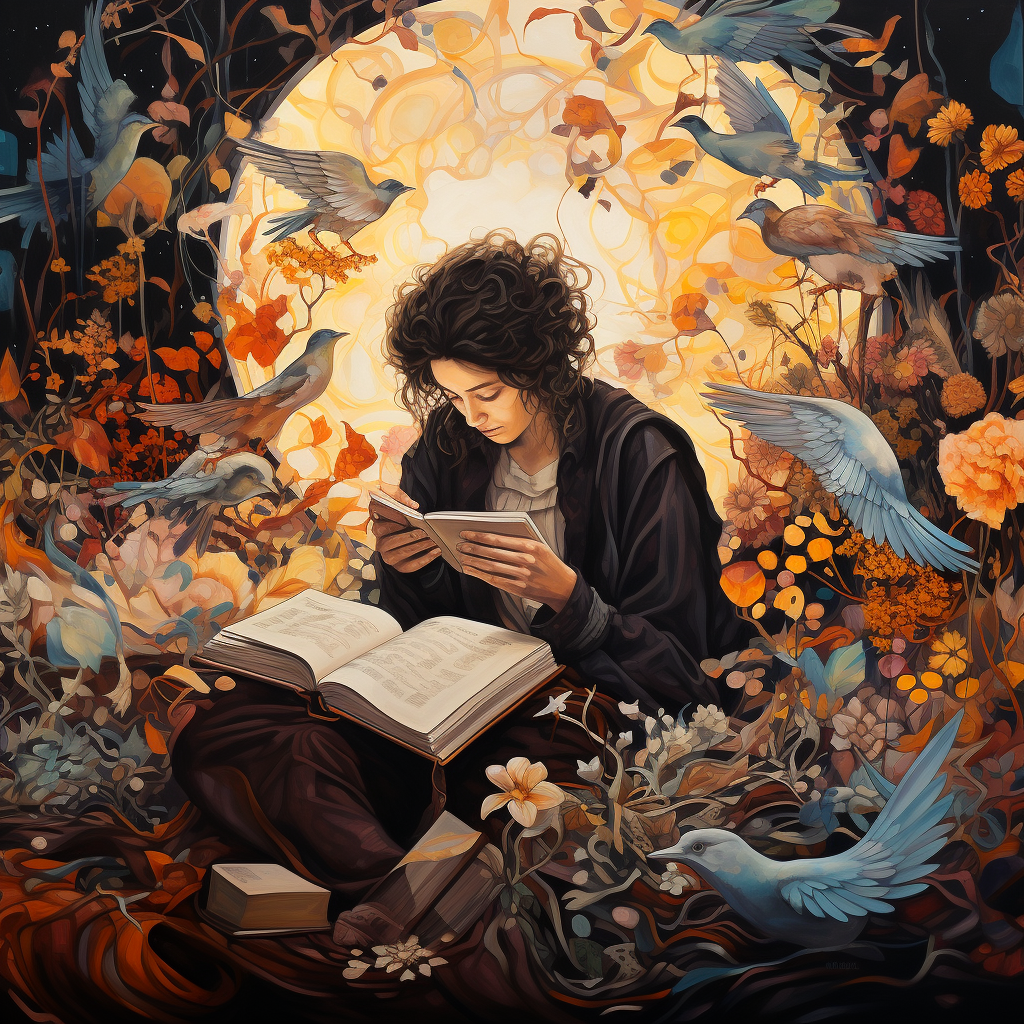
Poetry has impacted lives for centuries; however, this question lingers on the minds of budding poets: What is the number one rule of poetry? Delving into the intricate world of poetic expression, understanding the fundamental principle that guides poets is akin to unlocking the secrets of a captivating art form. In this exploration, we will unveil the essence of poetry’s foremost rule and understand how it shapes the verses that resonate through the corridors of human emotion.
The Heartbeat of Poetry: Rules and Structure
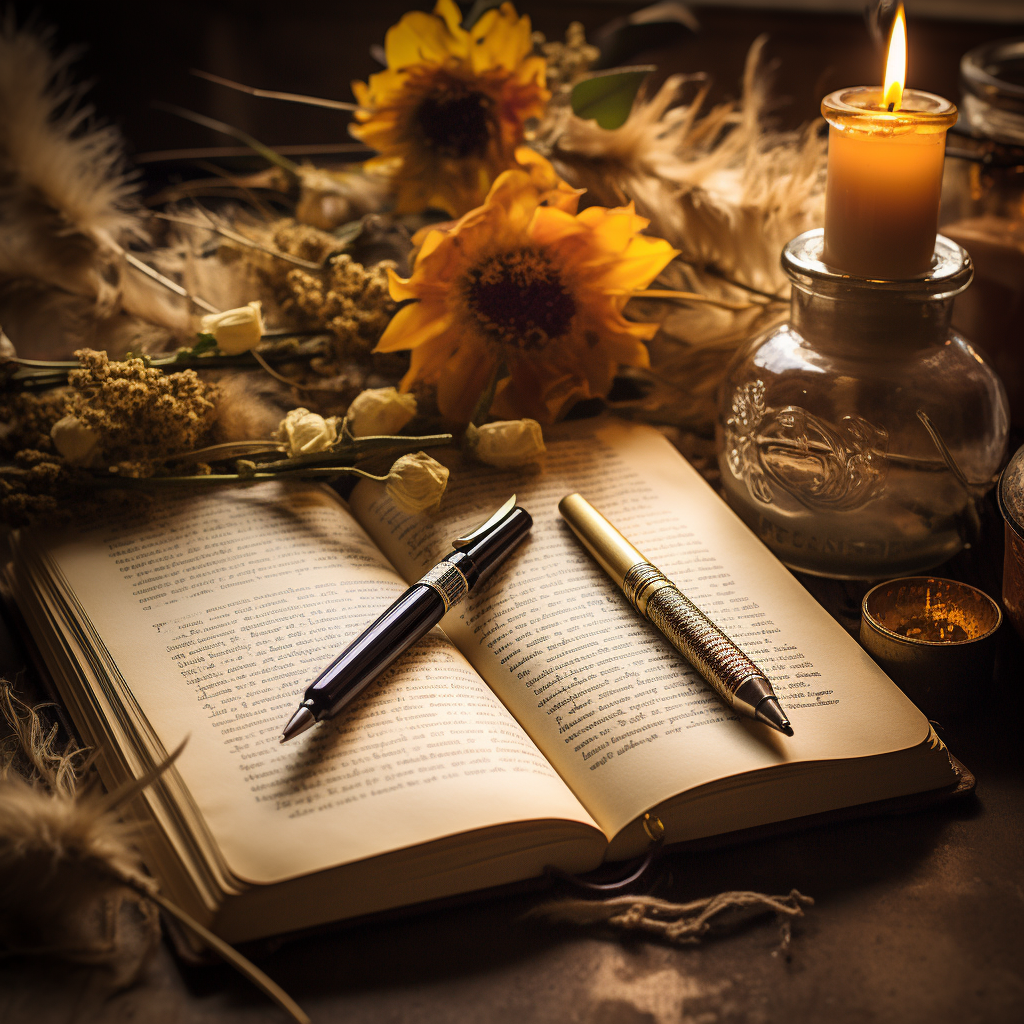
Before we uncover the number one rule, it’s crucial to understand the role of rules and structure in poetry. Poetry is not a wild, untamed beast but a harmonious symphony of words, guided by certain principles.
Poetry Rules Defined: Poetry rules are like the blueprint of a skyscraper, providing the necessary structure for artistic expression. They are the threads that weave the fabric of a poem, dictating form, style, and sometimes, even content.
Now, let’s journey deeper into the heart of poetry and discover the number one rule.
The Number One Rule of Poetry
In the vast universe of poetry, where myriad rules and forms exist, one rule stands as the foundation of poetic expression:
Embrace Authenticity: The Number One Rule of Poetry
This rule serves as the lodestar by which poets chart their creative journeys. It’s the magnetic north, directing them toward the very core of poetry itself. But what does it truly mean to embrace authenticity in the realm of poetry? Let’s embark on an exploration to decipher this fundamental rule’s profound significance.
Authenticity: Your Unique Voice
Picture yourself as an artist facing a pristine canvas, a musician weaving a new melody, or a chef conjuring up a novel dish. It’s in these moments that your authenticity comes to the forefront. Just as in these creative acts, in the realm of poetry, authenticity is about channeling your distinctive voice, your thoughts, and the very essence of your emotions.
Your poetry doesn’t conform to societal norms or predetermined expectations. It’s more like an open canvas where your soul crafts the most authentic strokes. When you wholeheartedly embrace authenticity in your poetry, your words reverberate with sincerity and truth, creating a profound connection with your audience.
Why is Authenticity the Number One Rule?
Authenticity is the lighthouse guiding poetry through the storms of conformity. It’s the melody that sings through the verses, touching the hearts of readers. This rule is paramount because:
- Soulful Connection: Authentic poetry connects with readers on a profound level. It doesn’t merely convey words; it communicates emotions, experiences, and the essence of the poet’s soul.
- Enduring Impact: Authentic poems leave a lasting impact. They echo in the minds of readers, evoking reflection and contemplation long after the words have been read.
- Diverse Expressions: Poetry is a diverse art form, accommodating a multitude of voices and perspectives. Embracing authenticity ensures that each poet contributes a unique hue to the colorful tapestry of poetry.
What is the Number One Rule of Poetry? Navigating Poetry’s Seas with Authenticity

In the vast realm of poetry, authenticity is the compass that guides poets through uncharted waters. It’s the north star that illuminates the creative path, ensuring that every word penned resonates with sincerity and truth. Now that we’ve unveiled the number one rule of poetry—Embrace Authenticity, let’s embark on a poetic journey that delves deeper into the significance of authenticity in your work.
The following sections serve as islands of insight, each revealing how to navigate the poetic seas with authenticity as your guiding light. Whether you’re setting sail as an aspiring poet or a seasoned wordsmith, these navigational tools will help you harness the power of your unique voice and create poetry that captures the essence of your soul. Let’s dive in and explore the multifaceted facets of authenticity in the world of poetry.
1. Cultivating Your Inner Poet: Unveiling the Authentic Self
Authenticity, the cornerstone of genuine poetry, commences from the depths within. It’s about forging a profound connection with your inner poet, the unfiltered voice that resides in the sanctuary of your thoughts and emotions.
A Journey Inward: Authenticity in poetry embarks on a journey of self-discovery. Take the plunge into your innermost thoughts and emotions, fearlessly navigating the intricate caverns of your psyche.
Unleash Without Restraint: Allow your inner poet to break free from the chains of inhibition. Let your thoughts flow like a river in full spate, unbridled and unrestricted. It’s here that the raw, unedited truth of your poetic self emerges.
Mining Your Emotions: Your feelings, whether joyful or melancholic, are the wellspring of poetic authenticity. Dive into your emotional reservoir, embracing every sentiment as a palette for your poetic expressions. The most authentic poetry often arises from the depths of profound emotion.
Exploring Life’s Labyrinth: Your life experiences, both mundane and extraordinary, form the labyrinth through which your inner poet wanders. Each twist and turn offers a unique perspective, waiting to be transmuted into verses that resonate with authenticity.
A Liberating Revelation: In this journey, you might uncover facets of yourself that surprise or enlighten you. Embrace these revelations, for they are the building blocks of authentic poetry.
As you connect with your inner poet, remember that authenticity isn’t about perfection; it’s about honesty. Your poetry becomes a mirror reflecting the complexities and beauty of your inner world, inviting readers to join you on this voyage of self-discovery.
Authenticity Through Unwavering Self-Expression: Your Artistic Vision

In the realm of poetry, authenticity thrives when you remain steadfast in your commitment to self-expression. It’s about forging your own path, unshackled by the allure of trends or the weight of expectations. True authenticity beckons you to be unapologetically yourself.
An Artist’s Rebellion: Poetry is an art form that revels in rebellion, where the unconventional often shines the brightest. Resist the urge to conform to prevailing trends or the expectations of others. Instead, allow your inner rebel to guide your pen.
Follow Your Muse: Your poetic journey is a reflection of your unique voice and perspective. Let it be a personal odyssey guided by what moves you deeply. Whether your words embrace unconventional themes, challenge established norms, or sing of quiet moments, authenticity blooms when you follow your muse.
Freedom in Individuality: Authenticity in poetry is synonymous with the freedom to express your artistic vision without inhibition. It’s about acknowledging that the truest poetry emerges when you honor your distinctive voice.
Celebrate Your Uniqueness: Each poet possesses a singular lens through which they view the world. Celebrate your uniqueness as a poet. It’s the very essence of your identity that distinguishes your work and gives it a soulful resonance.
Resisting the Mold: While trends may come and go, authentic poetry endures. By resisting the urge to fit into a mold, you pave the way for a poetic legacy that remains true to your artistic vision.
In a world where conformity often vies for attention, staying true to yourself in your poetry is an act of artistic courage. It’s a reminder that your words have the power to transcend expectations and touch the hearts of those who value the genuine, unfiltered expressions of the human experience.
The Strength in Vulnerability: Embracing Authenticity Through Raw Emotion

In the world of poetry, authenticity finds its most potent ally in vulnerability. This is where the heart of genuine expression beats strongest. To write authentic poetry is to tap into the wellspring of your raw emotions, even when they make you uncomfortable, because it’s through vulnerability that your poetry gains its greatest strength.
The Raw Essence of Emotion: Authentic poetry delves into the depths of emotion, not as an observer but as an active participant. It means not holding back when your emotions surge like a tempest. It’s the willingness to lay bare your innermost feelings on the page.
The Power of Unfiltered Expression: Vulnerability in poetry is not about revealing weakness; it’s about acknowledging your humanity. It’s the recognition that our shared human experience is laced with moments of uncertainty, pain, joy, and love. Authenticity arises when you convey these experiences as they are, unfiltered and undiluted.
Courage in Honesty: Writing poetry that explores vulnerability takes courage. It’s an act of honesty with both yourself and your readers. It’s an acknowledgment that life is not always neatly wrapped in ribbons but often tangled in the messy, beautiful, and sometimes painful threads of existence.
Strength in Shared Experience: When you embrace vulnerability in your poetry, you open the door for readers to connect with your work on a profound level. They see themselves in your words, recognizing their own vulnerabilities reflected back at them. This connection is where the true strength of authentic poetry lies.
Transcending Comfort Zones: True authenticity often means pushing beyond your comfort zones. It might involve writing about subjects you’ve never explored before or confronting emotions that you’ve buried deep. It’s in these uncharted territories that you discover the untamed energy that can infuse your poetry with unparalleled power.
By embracing vulnerability, you infuse your poetry with the richness of the human experience. You create a space where both you and your readers can explore the intricate tapestry of emotions that define our lives. This willingness to venture into the raw, unfiltered territories of emotion is where authentic poetry finds its voice and resonates deeply with those who read it.
Honing Authenticity through Revision: Preserving Your Unique Voice
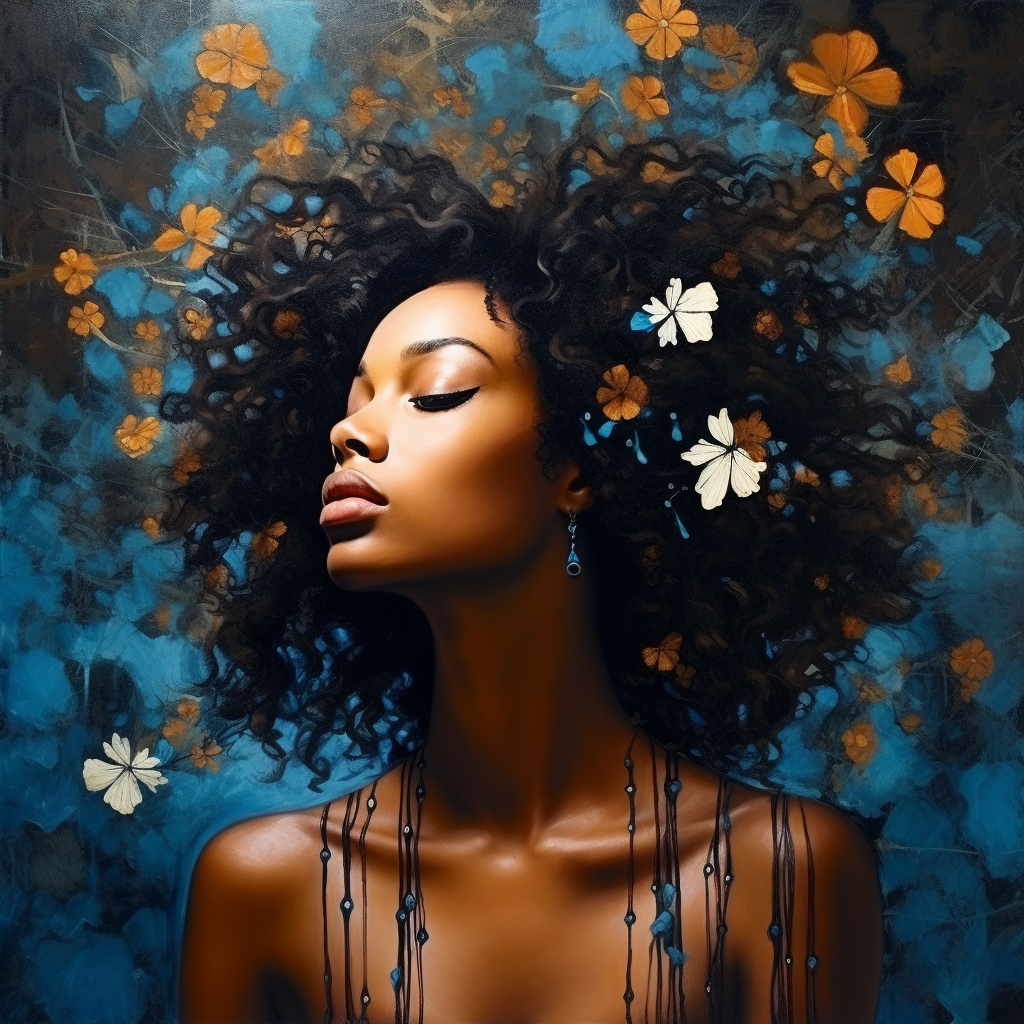
The journey to authentic poetry doesn’t end with the initial outpouring of words; it continues through the revision process. This stage is where you refine your work, like a sculptor smoothing the edges of their masterpiece. However, it’s crucial to maintain the integrity of your voice during revision, enhancing your work while preserving the authenticity that makes it uniquely yours.
The Art of Revision: Poetry, like any art form, benefits from revision. It’s the stage where you review, reconsider, and rework your poem. Think of it as polishing a gem, ensuring that every facet shines brilliantly.
Preserving Your Authentic Voice: As you revise, remember that your authentic voice is the essence of your poetry. It’s what sets your work apart and makes it uniquely compelling. Authenticity in poetry is about being true to yourself and your vision, even as you refine your verses.
Enhancing Without Compromising: While revising, seek opportunities to enhance your poem’s impact. Consider word choices, metaphors, and structure. Revise for clarity, rhythm, and resonance. However, always do so with the intention of making your poem even more authentically yours.
Balancing Structure and Emotion: A key aspect of revision is finding the balance between structure and emotion. It’s important to ensure that your poem’s form and style support the emotional core you want to convey. This doesn’t mean sacrificing authenticity for structure but rather harmonizing the two.
Seeking Feedback: Don’t hesitate to seek feedback during the revision process. Share your work with trusted peers or mentors who understand your poetic vision. Their insights can be invaluable in refining your poem while preserving your unique voice.
Multiple Drafts, One Authentic Voice: Authentic poetry often goes through multiple drafts. Each revision is a step closer to distilling your thoughts and emotions into their purest form. It’s a journey toward deeper authenticity, where each word resonates with sincerity.
The Authenticity Test: During revision, ask yourself if each change enhances or detracts from the authenticity of your poem. Does it bring your voice into sharper focus, or does it dilute your unique perspective? Use these questions as a compass to guide your revisions.
By revising with integrity, you ensure that your poetry remains a genuine reflection of your thoughts and feelings. It’s a process of fine-tuning, not to conform to external standards but to amplify your authentic voice. Ultimately, it’s in this harmonious blend of revision and authenticity that your poetry finds its truest expression.
Cultivate Inspiration, Not Replication: Nurturing Your Distinctive Voice
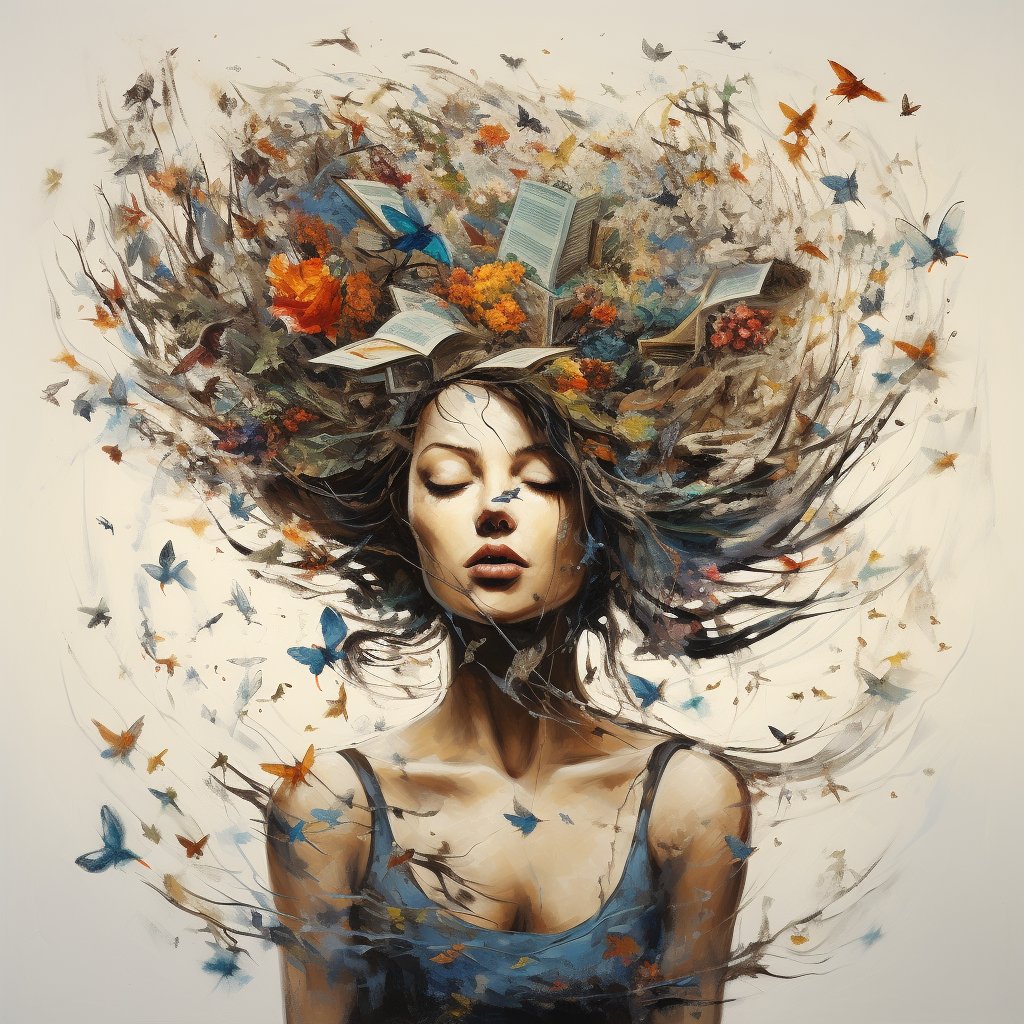
In the world of poetry, inspiration is the lifeblood of creativity. Poets are often drawn to the works of others, finding resonance in the verses of those who’ve walked the poetic path before them. Yet, there’s a fine line between inspiration and imitation. To create authentic poetry, it’s crucial to seek inspiration while infusing your work with your distinctive voice.
The Poetry of Influence: Poetry has a rich tradition of poets inspiring one another. Great poets like Walt Whitman were inspired by earlier masters, and their influence is evident in their work. Similarly, as a poet, you’re part of this lineage, connected to the poetic voices that have shaped the art.
Inspiration Fuels Creativity: Drawing inspiration from other poets is a natural and valuable part of the creative process. It’s like adding new colors to your palette as an artist or new spices to your culinary repertoire as a chef. It broadens your artistic horizons and can lead to innovative expressions.
Beware the Imitation Trap: While inspiration is a wellspring of creativity, imitation can be a pitfall. It’s akin to painting by numbers, replicating someone else’s strokes instead of crafting your unique masterpiece. Imitation may temporarily mimic the work of a renowned poet, but it ultimately dilutes your voice.
Infusing Your Distinctive Voice: Authentic poetry thrives on your unique perspective and expression. When you’re inspired by another poet’s work, approach it as a dialogue with the art form rather than a blueprint for duplication. Let their words spark your creativity, but infuse them with your distinctive voice.
Transcending Influence: The goal isn’t to merely echo the poets who inspire you; it’s to transcend their influence. Allow their words to catalyze your thoughts and emotions, channeling them into your own poetic language. In this process, you honor your poetic lineage while forging a path uniquely yours.
The Blend of Voices: Think of poetry as a grand conversation spanning centuries. Every poet adds their voice, enriching the ongoing dialogue. When you infuse your work with your distinctive voice, you contribute a new chapter to this poetic conversation.
Embrace Hybridity: Authenticity can also involve hybridity, where you merge multiple influences and experiences into a unique poetic style. It’s like fusing various musical genres into a fresh sound. Your poetry becomes a blend of influences, a testament to your poetic journey.
The Authentic Voice Emerges: As you seek inspiration while nurturing your distinctive voice, you’ll find your authentic voice emerging. It’s a voice that carries the echoes of the poets who’ve inspired you but is unmistakably your own. It resonates with sincerity, truth, and originality.
In the realm of poetry, seeking inspiration is a sacred act, a way of connecting with the vast tapestry of voices that have shaped the art. Yet, remember that your voice is a vital thread in this tapestry. By cultivating inspiration while infusing your work with your distinctive voice, you not only honor the poets who’ve come before but also contribute to the ever-evolving story of poetry.
Authenticity in Different Poetic Styles: A Tapestry of Expression
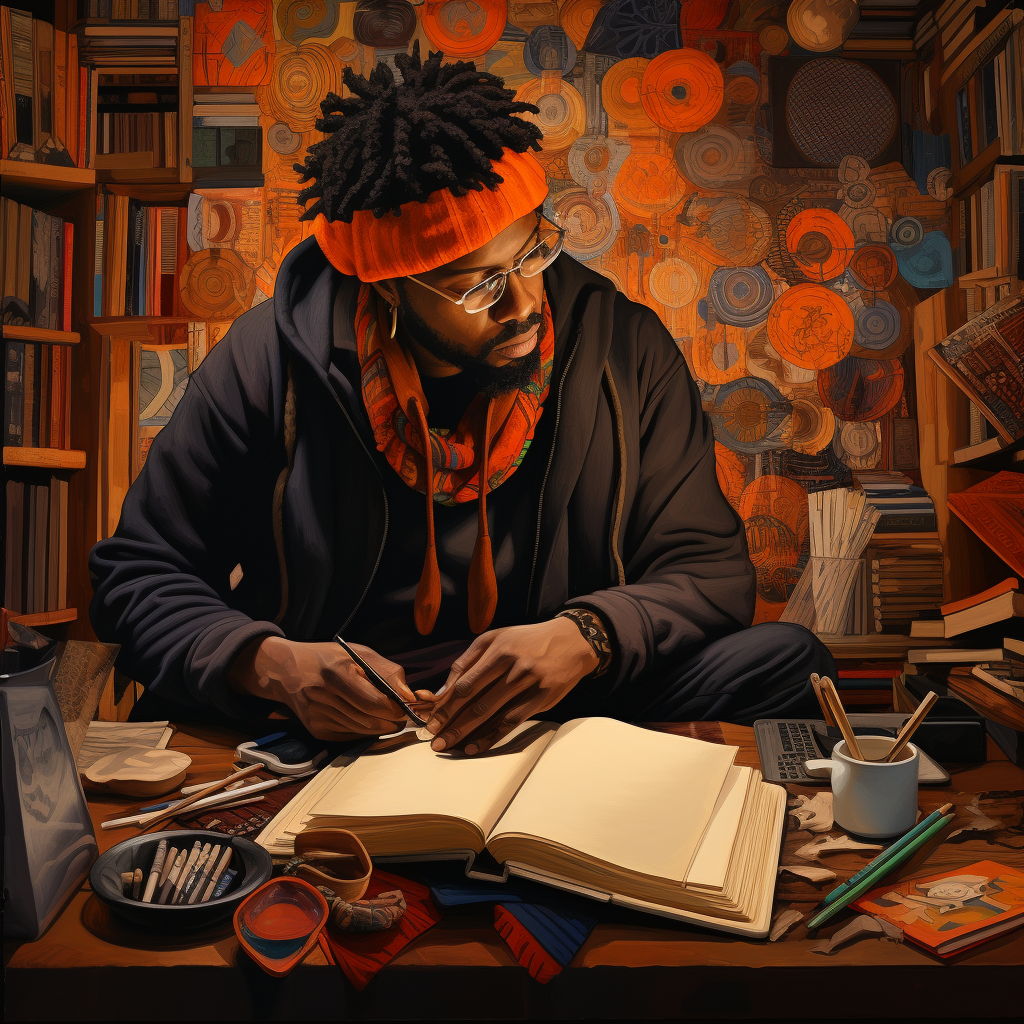
Poetry, like art, is a vast canvas waiting for creators to infuse it with their unique essence. While authenticity is a universal rule in the poetic world, it takes on diverse forms and colors in different poetic styles. Let’s explore how authenticity weaves itself into various poetic genres, from the classical to the contemporary.
Traditional Forms: Where Structure Meets Authenticity
Traditional poetic forms like sonnets, villanelles, and haikus are known for their rigid structures. However, this structure doesn’t stifle authenticity; instead, it’s the frame that accentuates the masterpiece.
Consider the Shakespearean sonnet, a 14-line poem with a strict rhyme scheme and meter. Within these constraints, poets like William Shakespeare poured their hearts into verses that explored themes of love, beauty, and mortality. The authenticity lay not in breaking the form but in using it to craft deeply personal narratives.
Free Verse: Embracing Unrestrained Authenticity
On the opposite end of the spectrum, we have free verse—a style that abandons traditional rules of rhyme and meter. Here, poets have an open canvas, akin to an abstract painter’s splattered palette. Free verse liberates poets to express their rawest emotions without the confines of structure.
Walt Whitman, often considered the father of free verse, penned “Song of Myself,” an unapologetically authentic exploration of the self and the universe. His words flowed freely, mirroring the authenticity of his thoughts and experience.
The Modern and Experimental: Pushing Boundaries with Authenticity
In contemporary poetry, experimentation is the norm. Poets often blend styles, languages, and even visual elements to convey their messages authentically. This avant-garde approach allows for fresh perspectives on age-old themes.
E.E. Cummings, with his unconventional punctuation and typographical choices, dared to break the mold of traditional poetry. His work, like “i carry your heart with me,” pulsates with an authenticity that defies convention and embraces the unorthodox.
Authenticity Across Eras: A Continuum of Expression
Throughout history, poets from every era have embraced authenticity as the lifeblood of their craft. From the structured odes of John Keats to the socially conscious verses of Langston Hughes, authenticity has been a constant force propelling the poetic narrative.
Authenticity, you see, is not limited by time or style. It transcends the boundaries of form, language, and cultural context. It’s the unifying thread that connects poets across centuries and continents, allowing each voice to resonate with its unique, genuine tone.
As you explore the diverse world of poetry, remember that authenticity is your companion. Whether you choose to paint within the lines of a traditional sonnet or splash your thoughts across a blank page of free verse, your authentic voice is the brush that colors your poetic journey.
In the next section, we’ll dive deeper into the impact of authenticity on your readers and the enduring power of genuine emotion in poetry.
The Role of Personal Experience: Drawing from Life’s Well of Authenticity
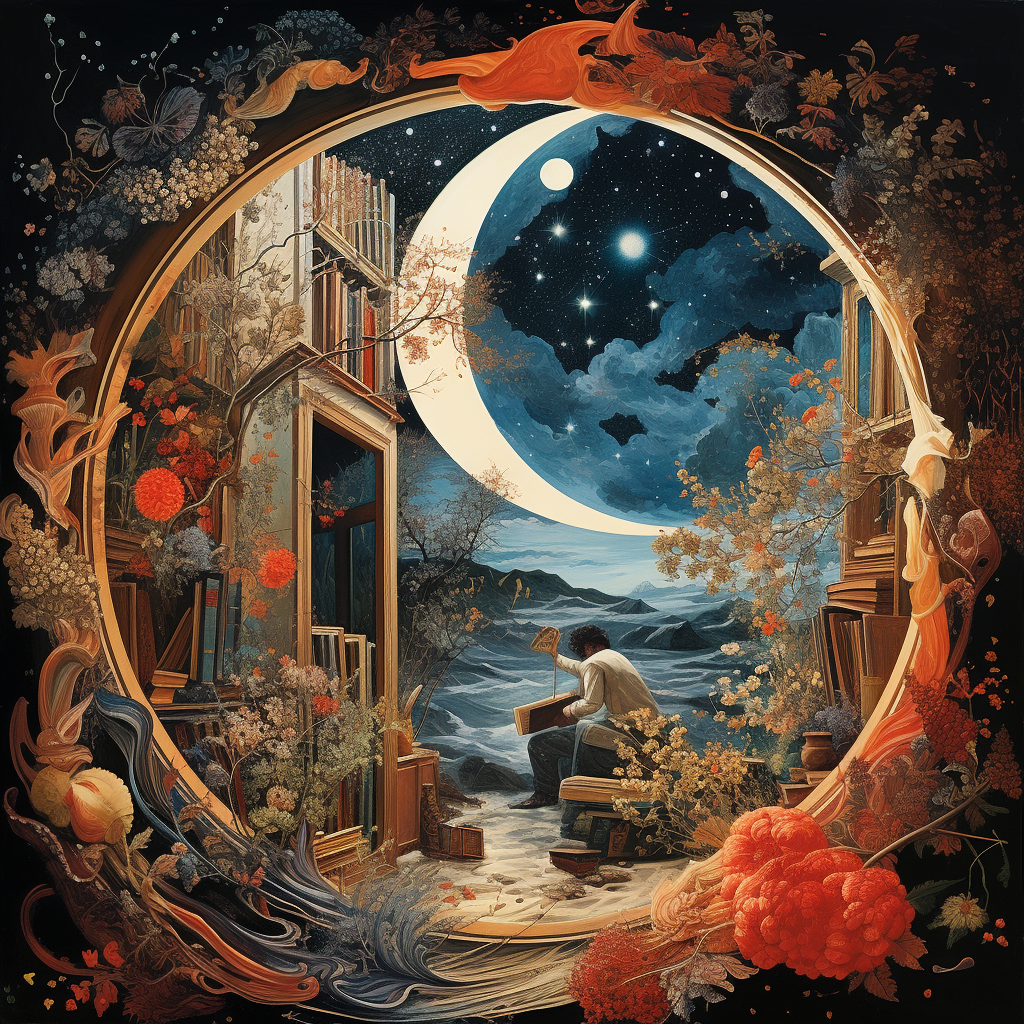
In the realm of poetry, authenticity is the lifeblood that courses through verses, breathing vitality into each word. One of the most potent sources of this authenticity is the rich tapestry of personal experiences and memories.
A Canvas of Memories
Picture your life as an ever-unfolding canvas, each moment a stroke of vivid color. Every experience, every emotion, every encounter becomes a thread in the tapestry of your existence. As a poet, this tapestry is your playground, a place to draw inspiration and truth.
Transforming Memories into Poetry
When you draw from your own life experiences, you tap into a wellspring of authenticity that is uniquely yours. The emotions you’ve felt, the journeys you’ve undertaken, the joys and sorrows you’ve experienced—all become the raw material for your poetry.
Infusing Your Poetry with Genuine Emotion
Imagine a poem as a vessel, and your personal experiences as the elixir that fills it. As you pour your memories into your verses, you infuse them with genuine emotion. Your readers can sense the sincerity in your words because they are drawn from the depths of your own life.
Unveiling Universal Truths
Paradoxically, the more personal your poetry, the more universal its appeal. This is because the human experience, at its core, is shared. When you write about your personal journey, you often touch upon emotions and truths that resonate with others. Your authenticity becomes a bridge that connects your inner world with the hearts of your readers.
The Courage to Explore
It takes courage to delve into your own experiences, especially the ones that might be painful or vulnerable. However, it’s often in these moments of exploration that you uncover the most profound and authentic aspects of your poetic voice.
An Ongoing Journey
Your personal experiences and memories are not static. They continue to evolve and accumulate, providing an endless well of inspiration for your poetry. Embrace this ongoing journey of self-discovery through your craft, and let your life experiences breathe life into your verses.
In the world of poetry, your personal experiences are not just stories; they are the vibrant colors on your poetic palette, the melodies in your verses, and the authenticity that makes your poetry truly resonate with readers.
The Rule that Sets Poetry Free
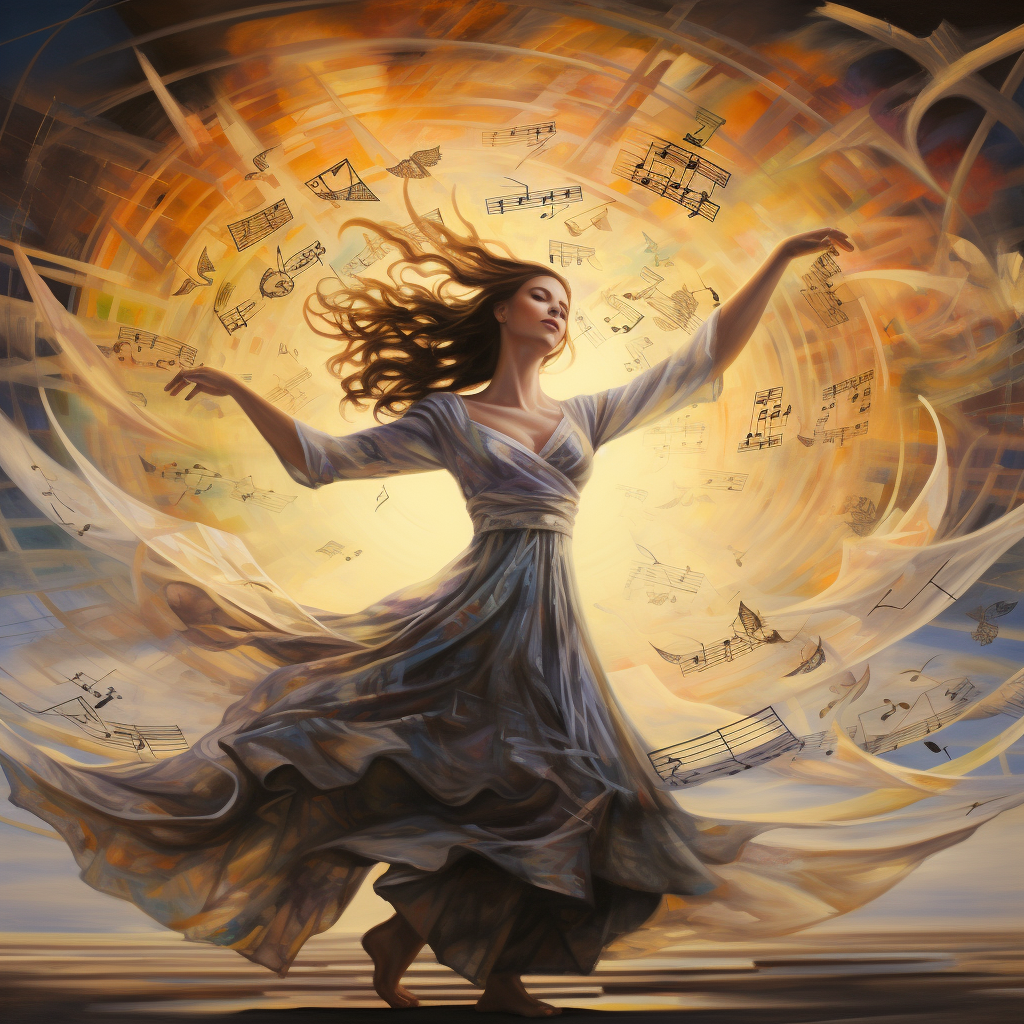
In the enchanting world of poetry, the number one rule is not a chain but a liberator. It’s not a restriction but a key that unlocks the doors to the soul. Authenticity is the rule that sets poetry free, allowing it to soar on the wings of individual expression. So, let your poetry be a reflection of your true self, and may your words resonate authentically with the hearts of readers. Embrace this rule, and you’ll find that in poetry, there are no limits to your creative flight.
Poetry, like life, is a journey of self-discovery, and authenticity is the compass that guides you through its intricate landscapes. So, pen your verses with sincerity, and may your poetic odyssey be as unique as you are.
Learn More About Earning Income from Your Poetry
- Publish Poetry Online and Get Paid
- Do you get paid for publishing poetry?
- How can I get my poetry noticed?
- How much should I sell my poetry for?
- How much does it cost to publish poetry?
- Can anybody be a poet?
- What are the 11 rules in writing a poem?
- What is the number one rule of poetry?
- How many lines must a poem have?
- What is a single line of poetry called?
- What is a poem with one line called?
- What is the middle of a poem called?
- Why don’t poets follow grammar rules?
- What is 3 line poetry called?
- What should a poem look like?
- How to write good poems?
Frequently Asked Questions (FAQs)
1. Are there strict rules in poetry?
While poetry does have guidelines and various forms, it’s not bound by strict rules. The most important “rule” is often considered to be embracing authenticity in your poetic expression.
2. Can I write poetry even if I’m not a professional poet?
Absolutely! Poetry is an art form open to everyone, regardless of their professional background. All you need is a passion for words and a willingness to express yourself.
3. How do I find my unique voice in poetry?
Finding your unique voice in poetry takes time and self-exploration. Start by writing about what genuinely moves you, and don’t be afraid to be vulnerable in your writing. Your voice will emerge naturally.
4. Are there any poetic forms that require authenticity more than others?
Authenticity is crucial in all poetic forms. However, forms that allow for more personal expression, such as free verse, often emphasize authenticity to a greater degree.
5. Can I experiment with different styles and still be authentic?
Absolutely! Experimentation is a part of artistic growth. You can explore various styles and forms while staying true to your authentic voice. Your uniqueness will shine through your experimentation.